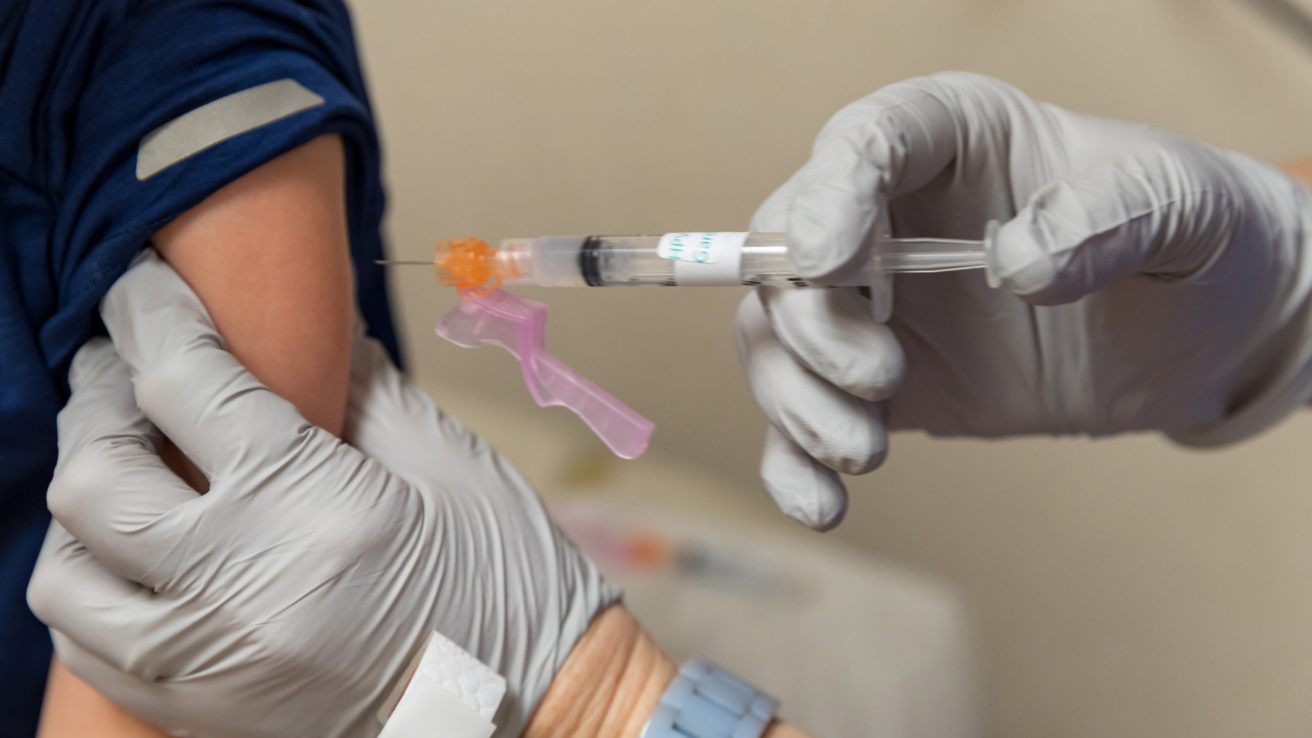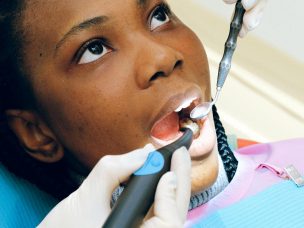FRIDAY, Feb. 12, 2021 (HealthDay News) — Many health care workers (HCWs) report they may delay getting the COVID-19 vaccine, according to a research letter published online Feb. 9 in the Annals of Internal Medicine.
Adva Gadoth, Ph.D., from the University of California in Los Angeles, and colleagues conducted a survey (Sept. 24 to Oct. 16, 2020) to understand general vaccine acceptance and specific attitudes toward forthcoming COVID-19 vaccines among 540 HCWs (71.7 percent female; 57.0 percent White, 85.4 percent with direct patient contact).
The researchers found that distinct variation existed across job roles, with prescribing clinicians showing significantly higher average scores for the utility of the vaccine than nurses both for self-protection and the health of the community. Younger participants were more likely to agree on the importance of vaccination to community health. Compared with prescribing clinicians and accounting for demographic variables, other HCWs were about 20 to 30 percent more likely to delay or decline a vaccine. Immediate vaccine acceptance was less likely among participants identifying as Asian (23.9 percent) or Latino (26.2 percent), compared to other racial and ethnic groups. HCWs 50 years of age and older were more likely to accept vaccination right away, compared to younger coworkers.
“As the first recipients of coronavirus vaccines, their buy-in and participation in vaccination are critical in promoting uptake to a broader population,” the authors write.










